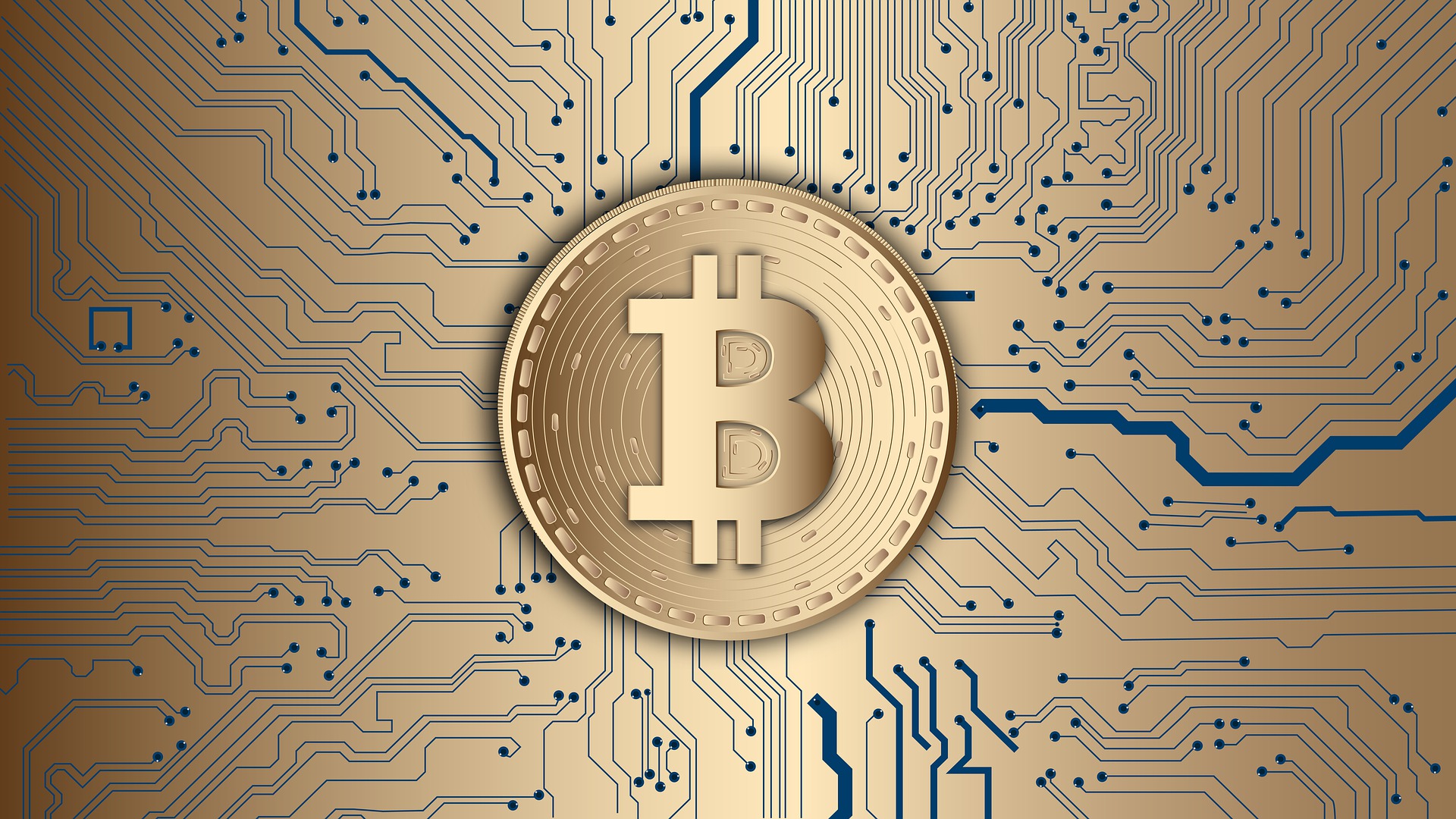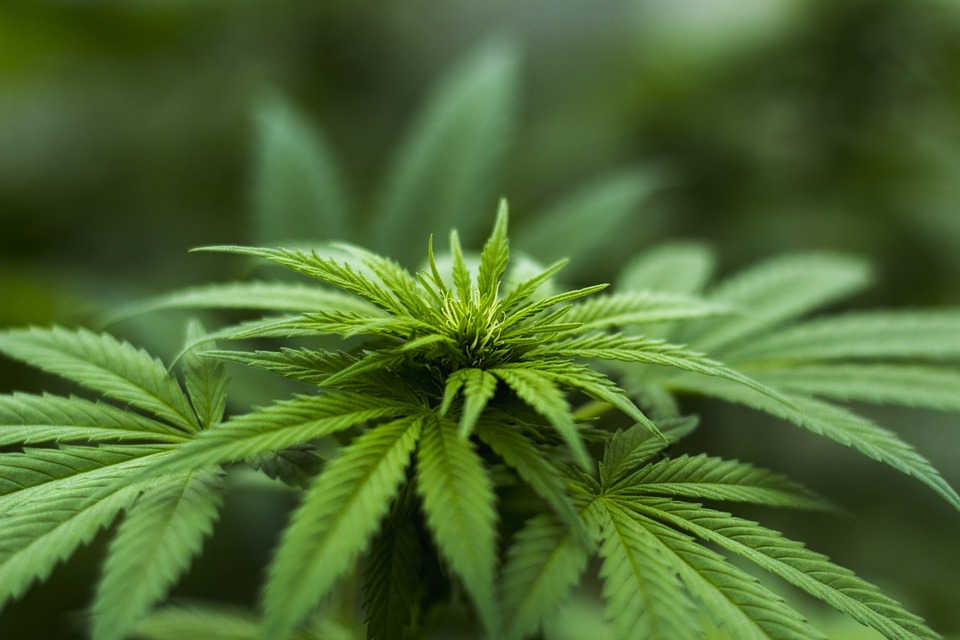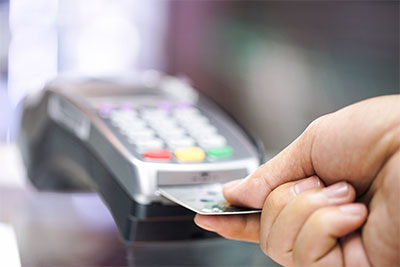
Accepting Bitcoin for Payments: The Legal Basics Part 3 of 3
June 12, 2018
How Can CBD Merchants Avoid Getting Screwed by Their Payment Processors?
February 21, 2019Cannabidiol, better known as CBD, has become a hot topic within the cannabis industry.
Experts predict that sales in the hemp subcategory of CBD could surpass $22 billion by 2022. With all this money flying around, getting involved is a no-brainer. But there’s still a ton of ambiguity over the legality of CBD. The Drug Enforcement Agency (DEA) has long asserted that CBD should be classified as cannabis under the Controlled Substances Act (CSA) of 1970. Meaning they’ve sought to regulate it aggressively since the 1990s.

Hemp industry officials are eagerly awaiting a decision regarding the legality of CBD.
Fighting Back: Congress Pushes for CBD Legality
In response to the zealousness of the DEA, Congress passed the 2014 Farm Bill and Consolidated Appropriations Act of 2016. Under the acts, Congress exempted several parts of the cannabis plant from the CSA definition. The exemptions allowed farmers under limited circumstances to grow industrial hemp and in turn produce CBD, as long as it has a THC content of less than 0.3%. The Farm Bill preempted the CSA and was meant to reel back the DEA’s authority.
The DEA wasn’t going to take that lying down. It claimed that even trace amounts of THC in CBD products proved that CBD comes from the non-exempt part of the cannabis plant — and thus is subject to DEA seizure.

The Drug Enforcement Agency (DEA) has long asserted that CBD should be classified as cannabis under the Controlled Substances Act (CSA) of 1970. Meaning they’ve sought to regulate it aggressively since the 1990s.After multiple lawsuits, the DEA issued an internal and external directive to federal agencies clarifying that the mere presence of cannabinoids does not necessarily place a CBD product under the authority of the DEA.
Instead, the DEA’s material concern is what the product was made from (i.e., exempt v. non-exempt parts of the cannabis plant). The DEA maintains that any CBD product containing more than trace amounts of CBD can only come from non-exempt parts of the plant — which would allow the DEA to seize and destroy those CBD products.
The 0.3% Rule: Excluding Hemp from the CSA
To help resolve this constant tension between the DEA and the CBD community, Senate Majority Leader Mitch McConnell introduced an amendment to the 2018 Farm Bill Act that would remove hemp crops and products that contain less than 0.3% THC from the CSA — which would settle the question regarding the DEA’s authority over CBD product.

The Farm Bill preempted the CSA and was meant to reel back the DEA’s authority.
McConnell has even go so far as to guarantee the Farm Bill will pass with his amendment to exclude hemp from the CSA. Currently, the bill is in a Senate-House Conference Committee, because the House originally passed the bill without the hemp provision. Before the bill can be sent to the President for his signature, it must first pass in both chambers with identical language.
How does this affect credit card processors and banks?
Card Processors and Banks Aren’t Ready to Get in Bed with CBD Companies
Processors like VISA and MasterCard are still wary of the industry, as are big banks like Chase and JP Morgan. For them, there’s tons of additional paperwork and red tape required for working with cannabis businesses. Federal laws require any transactions with ”marijuana”-related businesses to be reported — the hassle isn’t worth it for many large banks and credit card processors. Banks are highly conservative by nature, and they and their regulators are concerned about their reputation.

Once other credit card processors and banks realize how profitable the industry is, there will be more businesses willing to enter the space.
Due to the lingering stigma of cannabis, banks are afraid of receiving negative publicity for working with cannabis businesses (see bank examiners manual).
LegitScript, an online compliance service-provider that determines if businesses are selling legal products, initially classified CBD businesses as illegal until recently. Misinformation and a lack of reporting on cannabis have led banks to be especially cautious about any products that could be derived from cannabis or hemp.
Until McConnell’s announcement guaranteeing the passage of the 2018 Farm Bill, no major credit card processor worked in the CBD industry. Elavon, the first major processor, has just started to accept clients. It is likely the start of a positive trend for the CBD industry and the cannabis community in general.

Processors like VISA and MasterCard are still wary of the industry, as are big banks like Chase and JP Morgan.
Once other credit card processors and banks realize how profitable the industry is, there will be more businesses willing to enter the space. For now, smaller banks and credit unions are the primary source for banking — at least until the newest Farm Bill passes.
CBD Market Is Filled with Regulations and Red Tape — For Now
Additionally, federal agencies like the FDA have bogged down the CBD market with onerous regulations. The FDA has asserted that both THC and CBD products are excluded from the definition of dietary supplements. The FDA claims it’s a violation of the FD&C Act to transport CBD product across state lines in any food product.
State regulatory bodies are guilty of the same — which is why you’ll find more regulatory hurdles in states like California.

Federal agencies like the FDA have bogged down the CBD market with onerous regulations.
If the bill passes with McConnell’s proposed legislation, hemp-derived CBD would be federally legal. It would be the biggest win for the CBD industry, because it would remove the legal ambiguity surrounding CBD.
Federal legalization would also help normalize CBD, which would be instrumental in decreasing the reputational risk banks and credit card processors assign to the cannabis industry in general.
The 2018 Farm Bill passing should be a key first step in normalizing the CBD marketspace — and its payment processing.




